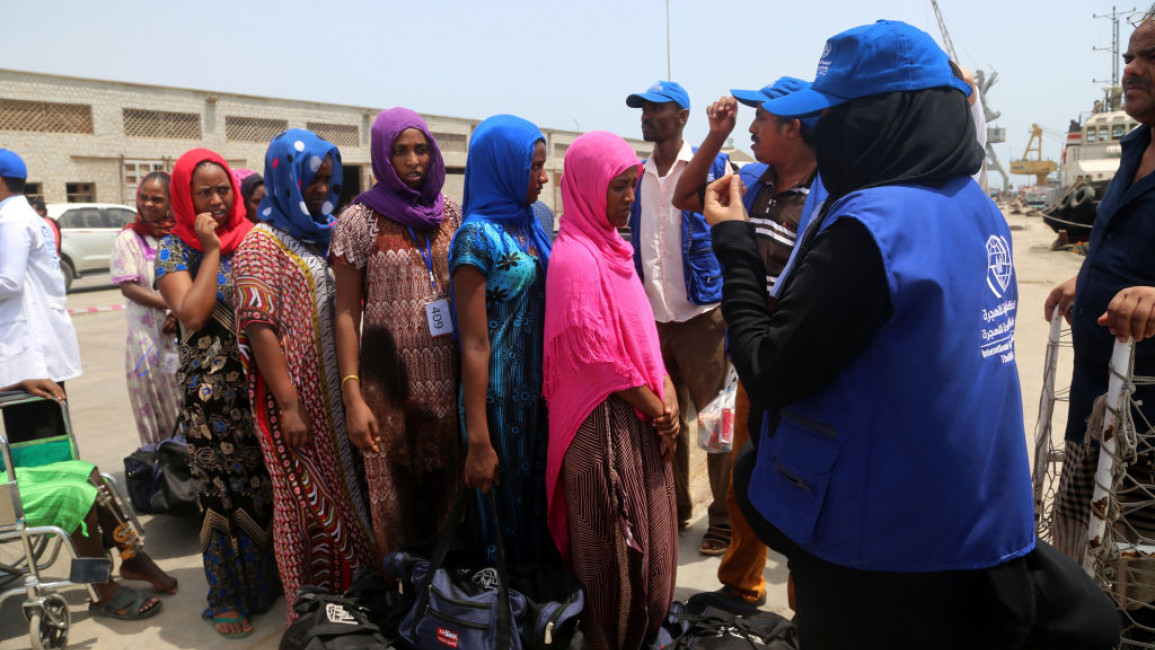Yemen civilian deaths decreased by half during truce but mass displacement continues: IOM
During Yemen's six-month ceasefire in 2022 civilian deaths and injuries decreased by 54 percent but the number of people displaced over the eight years of the conflict has risen to over two million, data published by the International Organisation for Migration (IOM) has revealed.
The IOM's Displacement Tracking Matrix estimated that 2,302,346 people are currently internally displaced in Yemen, with Maarib governorate witnessing the highest rates of movement in 2022.
While the UN-mediated truce between the Houthi rebels and the internationally-recognised Yemeni government did alleviate suffering and displacement compared to previous years, the IOM said humanitarian needs are higher than ever in the war-torn country due to conflict and extreme weather conditions, such as flooding.
"While there were no large-scale escalations following the truce in 2022, humanitarian needs continued to worsen across the country," said IOM.
"Gaps in the humanitarian response persist, especially in the provision of vital health services, protection support, and shelter/non-food item assistance."
In 2022, 60,810 people were displaced in the south of the country, a considerable drop from the 157,554 displaced the previous year.
However, only 94 of the 195 hosting sites for displaced people are supported by external partners, raising concerns over emergency prevention and response measures, the organisation said.
Eight years have passed since the outbreak of armed conflict in Yemen when the Houthi rebels took control of the capital Sanaa in September 2014 and sparked military intervention by a Saudi-led coalition six months later.
The war has created one of the world's worst humanitarian crises, with millions suffering from food insecurity, lack of adequate housing, and the spread of disease.
A UN-brokered ceasefire was in force from 2 April until 2 October last year, a move that many thought would bring a long-awaited end to the crisis.
However, violence persisted both during and after the ceasefire as a result of continued fighting between Houthis and government forces, a resurgence in Al Qaeda activity, and an increase in tribal violence.



